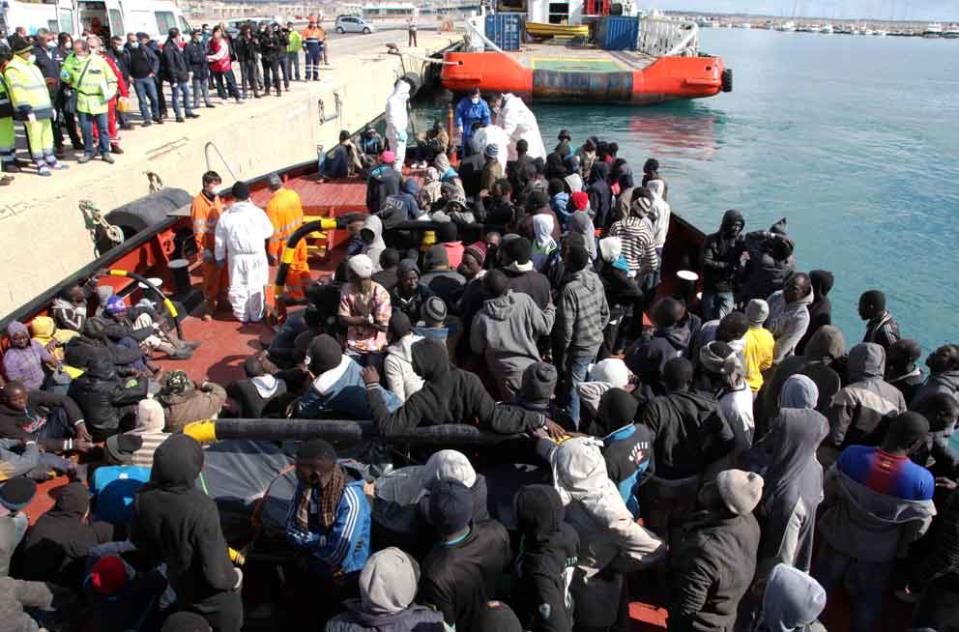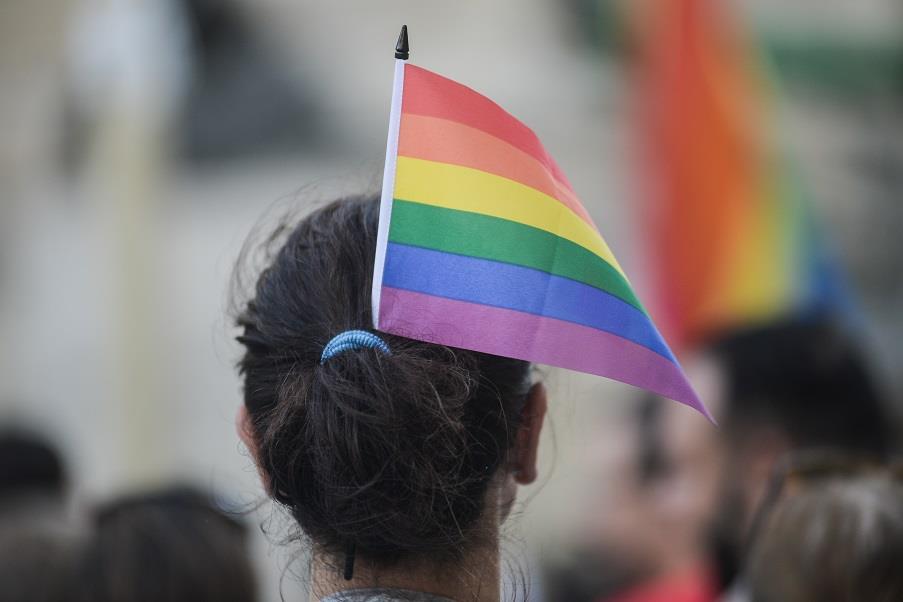The world’s leading human rights organisation, Amnesty International, has slammed the Maltese government’s silence on its involvement in the rescue operation off the island of Lampedusa on 11 October 2013, despite numerous requests for information by this newsroom and others.
In its annual report on Malta for 2014, Amnesty International highlights that, “The government refused to disclose information about the search and rescue operation regarding a trawler carrying over 400 people, mostly Syrian families, which sank on 11 October 2013.
“Survivors' testimonies and available data indicated that rescue may have been delayed due to failures by Maltese and Italian authorities.”
This newsroom has conducted its own extensive investigation on the happenings of 11 October 2013. It found that after it was handed control of the situation on that fateful day, Malta had six options at its disposal. These included sending the ITS Libra to the rescue. There were also a number of merchant ships in the vicinity and at least five fast rescue boats anchored in Lampedusa. In the end, Malta chose to send the P61 patrol boat, which was farthest away. The Maltese vessel arrived on scene after the tragedy had unfolded. In the end, Malta and Italy saved 203 people. Thirty-two bodies were recovered and about 260 others remain missing at sea.

This newsroom has also filed several requests for information to the Armed Forces of Malta as well as the government, but has been met with a continuous wall of silence.
On a broader basis, Amnesty International found that Malta maintained, “a restrictive interpretation of search and rescue obligations at sea”.
Malta, AI said, “continued to apply a restrictive interpretation of search and rescue obligations at sea, aimed at limiting disembarkation of refugees and migrants in its territory”
The Maltese authorities, according to AI, “continued to automatically detain asylum-seekers and migrants, in breach of international standards, and to deny them effective remedies to challenge their detention”.
The organisation notes that Malta had experienced a drop in irregular boat arrivals of refugees and migrants due to Italy's Operation Mare Nostrum, during which refugees and migrants were being rescued at sea and disembarked on Italian territory. By the end of September, 565 people had been rescued and brought to Malta (compared to 2,008 people in 2013).

But, according to AI, “The authorities continued to automatically detain undocumented migrants, often for up to 18 months, and asylum-seekers, for up to 12 months, in breach of Malta’s international human rights obligations.
“On 30 March, the Prime Minister publicly pledged to end migrant children's detention. However, children and other vulnerable people continued to be routinely detained as well as unaccompanied minors detained alongside adults while awaiting the outcome of their age or vulnerability assessment.
“Appeal procedures to challenge the length and lawfulness of detention remained in breach of international human rights standards, leaving asylum-seekers and migrants exposed to the risk of arbitrary detention.”
Conditions in detention centres remained sub-standard, AI said, with many asylum-seekers and migrants experiencing lack of privacy and poor recreation and leisure facilities.
AI noted that in December, after a two-year delay, the government published the findings of the inquiry into the death of Mamadou Kamara, a 32-year-old Malian national, who died in custody in June 2012. He had attempted to escape from the Safi Barracks detention centre and was allegedly severely ill-treated when recaptured. The inquiry report recommended a review of the asylum-seekers and migrants detention system.

Lesbian, gay, bisexual, transgender and intersex people’s rights
On a more positive note, Amnesty welcomed the fact that same-sex couples were granted the same rights as heterosexuals in a civil marriage. It also welcomed the extension of constitutional protection to cover discrimination on grounds of sexual orientation and gender identity.
On 14 April, the Parliament passed the Civil Unions Act, granting same-sex couples the same rights as heterosexual couples in a civil marriage. Partners in a civil union were also allowed to jointly adopt children, with the same rights and obligations as parents in a civil marriage.
On the same day, Parliament amended the Constitution to include protection from discrimination on grounds of sexual orientation and gender identity.
Amnesty also highlighted how “abortion remained prohibited under all circumstances”. It adds, “Abortion remained prohibited under all circumstances, including to save the life of the woman. In October, the UN Human Rights Committee, considering Malta under the ICCPR, raised concern about the compatibility of the prohibition with the right to life.”